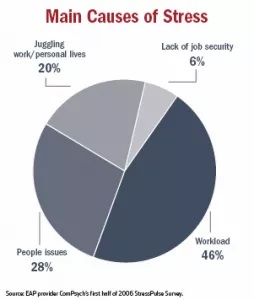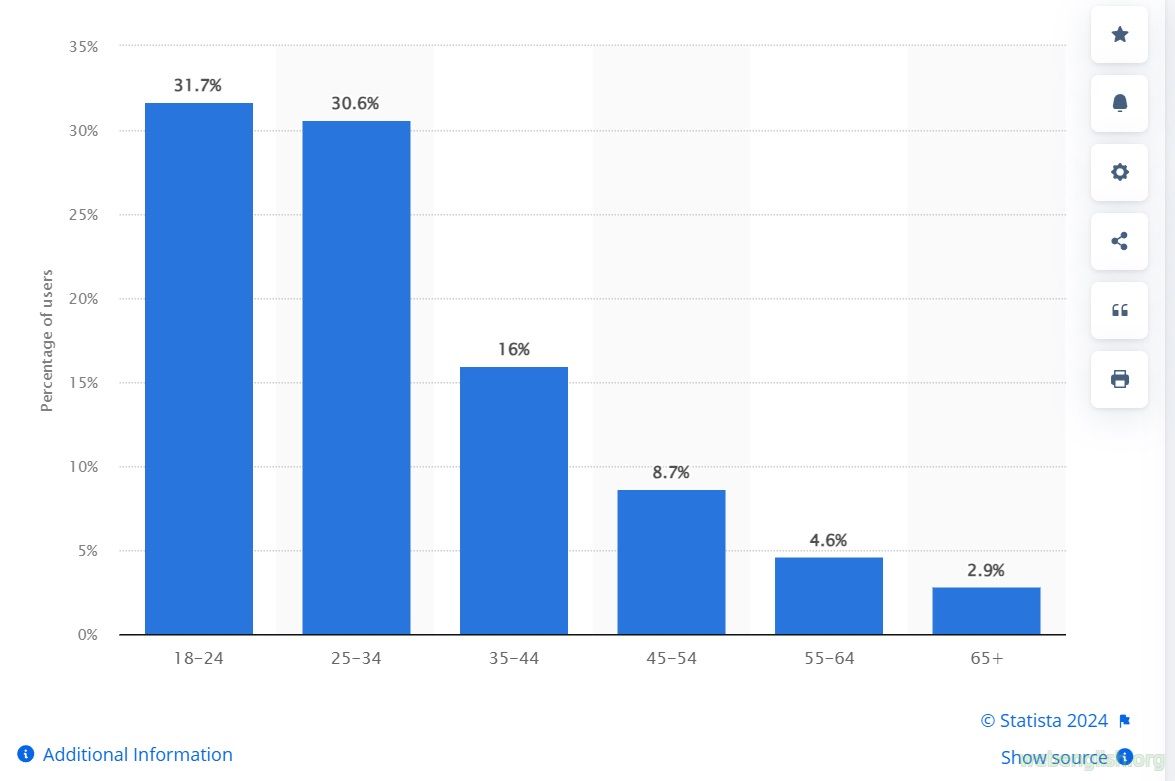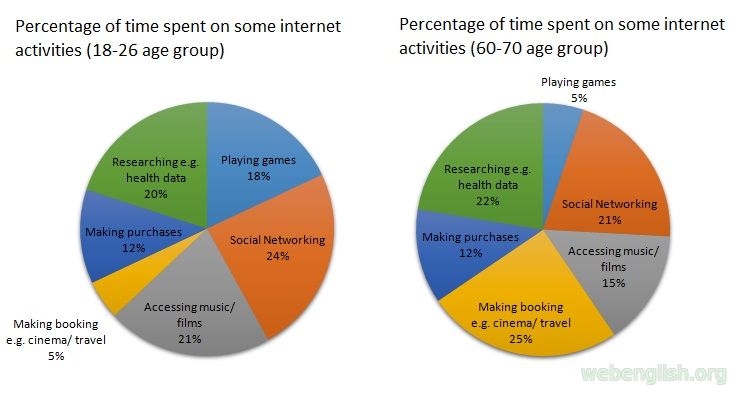Block 2 Information overload
Attend to this home task every day. Send for a check all tasks that require your own expression. After that you should learn them by heart, make audio files or videos with their recitation. Look straight into the camera when making videos.
Day I
1. Send in to me all the video/audio files with the recitation of your personal essays, answers to questions and pie chart descriptions. Actually it is more preferable to send me video messages where you look straight into the camera, so that I see you are talking by heart. Try to pronounce your utterances in 2 minutes.
2. Vocabulary Compound nouns
The word overload is a compound noun, formed from a preposition and a verb. Make more compound nouns by combining a word from column A with a word from column B to fill the spaces in sentences 1–5 below.
| A | B |
| in | come |
| out | kill |
| over | put |
| work | |
| lap |
3. Compound Nouns Exercise. Fill in the blanks with the correct compound nouns:
- My tutor wants me to expand the introduction of my paper, but I think that would be complete !
- The reading for the course consists of a core textbook and additional photocopied articles.
- The of this study is very confusing because the results differ from one sample to another.
- Our of new titles has increased this year, although we are producing fewer journals.
- Lynn is suffering from , with two essay deadlines this week.
Total Questions: 0
Incorrect Answers: 0
4. Select two words from the box that are similar in meaning to each of the words (1–8) below. Most of these words will come up in the listening task below, so use your browser's translator or a dictionary to check on their meaning if necessary.
There are four extra words that you won’t need. What part of speech are they and what do they mean?
Box of words:
|
biased, confident, critical, efficiently, evaluate, false, inundated, judge, locate, means, overwhelmed, periodical, productively, resources, retrieve, review, spine, support, sure, virtually |
Fill in the gaps with the words from the box synonymous to these words. The initial letters have already been written!
- overloaded=i, o
- tools=r,m
- inaccurate=b,f
- find=l, r
- certain=s, c
- journal=p,r
- proficiently=e,p
- assess=e, j
Total Questions: 0
Incorrect Answers: 0
5. You are going to hear a conversation between a university tutor and two students about studying and research methods. To help you, the recording will be separated into four parts and you will hear some focus questions at the beginning of each one. Read the Test spot and then concentrate on your listening.
Test spot
In IELTS Listening Section 3, you will hear a conversation between up to four speakers, who will be talking about an aspect of academic work or studying. Work out who the speakers are at the beginning of the recording and remember to check which speaker is focused on in each question. There may be a variety of task types within the section, for example multiple choice and note taking.
Play the video below and listen. Also try to take down at least three idioms used by the speakers.
Listen on Youtube
or Rutube
There are at least three idioms in the dialogue. What are they?
Read the instructions and questions below, noting which speakers are referred to. Then listen to Parts 2–4 again and answer the questions as you listen.
Part 2
Choose the correct letter, A, B, or C.
1 What was Mark’s biggest challenge when he started at university?
A the method of teaching history
B the length of the core textbooks
C the amount of information available
Enter the letter of the right answer
Part 3
Complete Jenny’s notes.
Write NO MORE THAN TWO WORDS for each answer.
Use the library computer’s 2. to look for relevant materials.
Apart from using books, look at periodicals and 3..
Part 4
Choose the correct letter, A, B, or C.
4 Dr Lucas advises Jenny
A to avoid using the Internet as an essay source.
B to be critical of information taken off the Internet.
C to limit how much time she spends on the Internet.
Enter the letter of the right answer:
Total Questions: 0
Incorrect Answers: 0
Day II
1. Watch the video below and summarize it.
2. [IELTS Speaking 2] You will have to talk for 1,5 to 2 minutes. Use ideas form the video above and the listening task in Day I. Follow the plan in the cue card. Prepare yourself for 1 minute. You can take notes when preparing. Remember also about the template of a response to an IELTS speaking 2 question about an experience
Show/Hide the the template and idioms to talk about an experience
|
Describe your biggest challenge related to information overload when you started studying at university or high school/ started working You should say:
and explain what this experience taught you. |
3. Prepare 1.5-2 minutes' answers to these questions:
- Explain a time when you had to go back to the drawing board.
- When was the last time you had to bite the bullet?
- Give an example of a bitter pill to swallow.
- Have you ever found yourself in a catch-22 situation?
- What is something you always do come hell or high water?
- Talk about a time when you had to cut your losses.
- Did any of your projects last year fall flat? What happened?
- What's an opportunity you've let slip through your fingers?
- Do you ever feel you're spreading yourself too thin at the moment? And in the past?
- Have you ever thrown in the towel?
- When was the last time you felt something was an uphill climb?
4. Describe the pie chart below
 |
Some active vocabulary:
|
Day III.
1. a)SB page 138. Read about modality. b) SB page 11 #4,5. c) EGU ( English grammar in Use) Unit 26-32 - read the theory, do #26.5, 27.4, 28.2, 28.3, 29.3, 29.4, 30.3, 30.4, 31.3, 31.4, 32.3, 32.4 .If the book takes time to load, save it onto your computer first clicking on the downward arrow in the upper right corner. Check yourselves with the clues at the back of the book. In the home work write out places where you made mistakes.
R
2. Do the tasks in this lesson and send them for a check.
Day IV.
1. IELTS Headings Task.
The reading passage below has eight paragraphs A–H. Read and choose the correct heading for each paragraph from the list of headings below.
List of Headings
i. Use the lecture to help you plan assignments
ii. Certain words will guide you
iii. Speaking is a slow form of communication
iv. Co-operate with other students
v. The number of key points will be limited
vi. Choose your seat carefully
vii. Make sure you know something about the topic
viii. A time to listen and a time to write
ix. We may have the wrong idea about listening
x. Process what you hear
xi. Interact with the speaker
Are you listening effectively?
A Listening is a very neglected communication skill. Many students feel that because they can hear, they are listening. Allowing words to pour into your ear is not listening. Yet listening is the most used method of learning.
B Lead rather than follow. Leading involves two steps: read assignments you're given before you come to class. If you read before you hear the lecture you will be more alert to important ideas. And set up questions to keep yourself in the lead. These are not questions that you ask your instructor, but ones around which you plan your listening.
C Look for the important ideas. Most lecturers will introduce a few new ideas and provide explanation, examples, or other support for them. Your job is to identify the main ideas. The instructor may come back to the same few ideas again and again. Be alert to them.
D Listen for the signals. Good speakers use signals to telegraph what they are going to say. Common signals are:
- To introduce an example: ‘for example’ ‘There are three reasons why…’;
- To signal support material: ‘For instance…’ ‘Similarly…’ ‘In contrast…’ ‘On the other hand…’;
- To signal a conclusion or summary: ‘Therefore…’ ‘In conclusion…’ ‘Finally…’ ‘As a result…’;
- To signal importance: ‘Now this is very important…’ ‘Remember that…’.
E Listening is not just soaking up sound. To be an effective listener, you must be active. It will help if you place yourself close enough to the instructor to see and hear easily. The further away you are from him or her, the greater the chance of sound being distorted, or of interference from normal classroom noises, overhead projector fans, heating blowers, or noises from outside the room.
F Another key to active listening is to maintain eye contact. The eyes truly tell all. An instructor can tell whether you're ‘getting it’ or not, simply by looking at you, specifically, your eyes. Furthermore, it is almost impossible to fall asleep when looking someone directly in the eyes, so your ability to concentrate will improve! And respond to the instructor. This can be anything from asking and answering questions to nodding in understanding or smiling appropriately at your instructor's attempts at humor. Ask questions for active listening.
G You should also use thought speed. Your mind works many times faster than the instructor can talk; some studies report findings that the rate of the brain is almost four times that of normal speech, which often explains why daydreaming during a lecture occurs so frequently. Anticipate where the instructor is going with the lecture.
H Take notes. In ordinary conversation we mentally interpret, classify, and summarize what is said. In classroom learning, we do this more effectively by keeping written notes. Note taking helps us to listen by providing a logical organization to what we hear. It is very difficult to listen to and remember disorganized, unrelated bits of information. Organization is the key to effective listening and remembering.
Match the headings to the corresponding paragraphs:
Example: 0. Paragraph A: ix
- Paragraph B:
- Paragraph C:
- Paragraph D:
- Paragraph E:
- Paragraph F:
- Paragraph G:
- Paragraph H:
Total Questions: 7
Incorrect Answers: 0
2. Watch the video below and summarize it.
/
IELTS Listening type test:
Listening Comprehension Task
Section 1: Multiple Choice Questions
1. According to the speaker, why is exercise often misunderstood?
2. What is the main focus of the book Spark by John Ratey?
3. What happens if dopamine receptors in the brain are turned off?
4. How many hours of exercise per week does the speaker recommend?
Section 2: Short-Answer Questions
5. What neurotransmitter is responsible for motivation?
6. What protein is associated with memory and learning improvements?
7. According to the video, what is a natural way to fight depression?
8. When is the best time to exercise to maximize neurotransmitter levels?
Section 3: Sentence Completion
9. Serotonin is described as the ___ of the brain and helps regulate mood, anger, and stress.
10. When dopamine levels are low, people often experience ___ and lack of drive.
11. Exercise is compared to ___ because it boosts neurotransmitter levels without the use of drugs.
12. BDNF is released when ___ is increased through physical activity.
Total Questions: 4
Incorrect Answers: 0
3. Watch the video and prepare a 2-minute speech about how you usually exercise. Write it and send in for a check.
Day V.
1. Watch the video below and write an essay on the topic using some ideas from the video:
How does the internet harm us? How can it be put to good use?
Click to see templates for the direct double question essay and guidelines [Or direct one question essay]
2. The bar-chart below shows the distribution of a social network's users worldwide as of April 2024, by age group and the pie chart illustrates the most popular activities of social network users of 2 age groups. Describe the charts, write at least 150 words.


Day VI.
1. Read this passage quickly to get a general idea of its meaning.
Don't worry if you don't understand every word. Time yourself as you read.
Decide on a heading for each paragraph. Enter the letter (A-E) for each paragraph:
A. Selecting your sources
B. Creating the optimum environment
C. Taking on the scholastic challenge
D. Approaching your first essay
E. Choosing the most suitable reading skill
Total Questions: 4
Incorrect Answers: 0
Reading as part of writing
-
One of the techniques of writing successfully in an academic environment is to be able to integrate the important points of what you have read into your own writing. To do this, you must have a clear picture of what you have read, and this in itself entails active and focused reading. With academic reading, it is necessary to maintain a constant grip on what the author is saying. Yet many academic texts are densely written in unfamiliar ways, which make them much more difficult to manage than, for example, a novel or a magazine article.
-
Although sometimes there may be reasons why you need to skim-read an article or book, this is likely to be only to get the gist of what is being said, as a way of deciding whether it is appropriate reading material or not. In general, skim-reading is not a particularly useful strategy for a student, but you may well be used to doing this in other contexts, for example, skimming through a newspaper article or surfing the web. Instead of skim-reading, you will be developing ways of concentrating on large chunks of quite dense text and making sense of them.
-
Even though you may only be reading for short bursts of time, it is likely that you will have to concentrate far more intensely on academic reading material than, for example, when reading for pleasure. You don't necessarily have to work in the library, but you will need to decide what type of location and atmosphere suits you best, and establish conditions that are conducive to effective study.
-
The final stumbling block that most students face is choosing their reading. The first thing to do is to consult the reading list you have been given for books and articles that seem relevant to your particular assignment. Doing a library search, by key words or subject, is also useful if the references on your reading list are already on loan from the library. Your tutor should also be able to advise you as to which are the most relevant publications or websites.
Find words or phrases
1. Involves (paragraph 1)
2. Keep hold of (paragraph 1)
3. The general meaning (paragraph 2)
4. On different occasions (paragraph 2)
5. Extensive extract (paragraph 2)
6. Decoding (paragraph 2)
7. Is right for you (paragraph 3)
8. Advantageous (paragraph 3)
9. Hurdle (paragraph 4)
10. Borrowed (paragraph 4)
Total Questions: 10
Incorrect Answers: 0
Do the crossword
Word search
Find ten words related to visiting a library. Click letters to highlight the words you find!